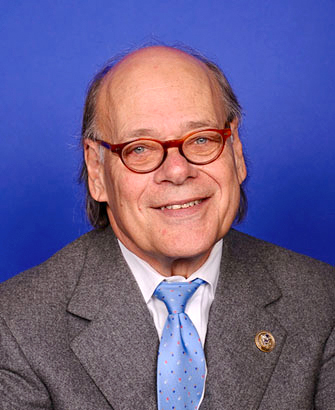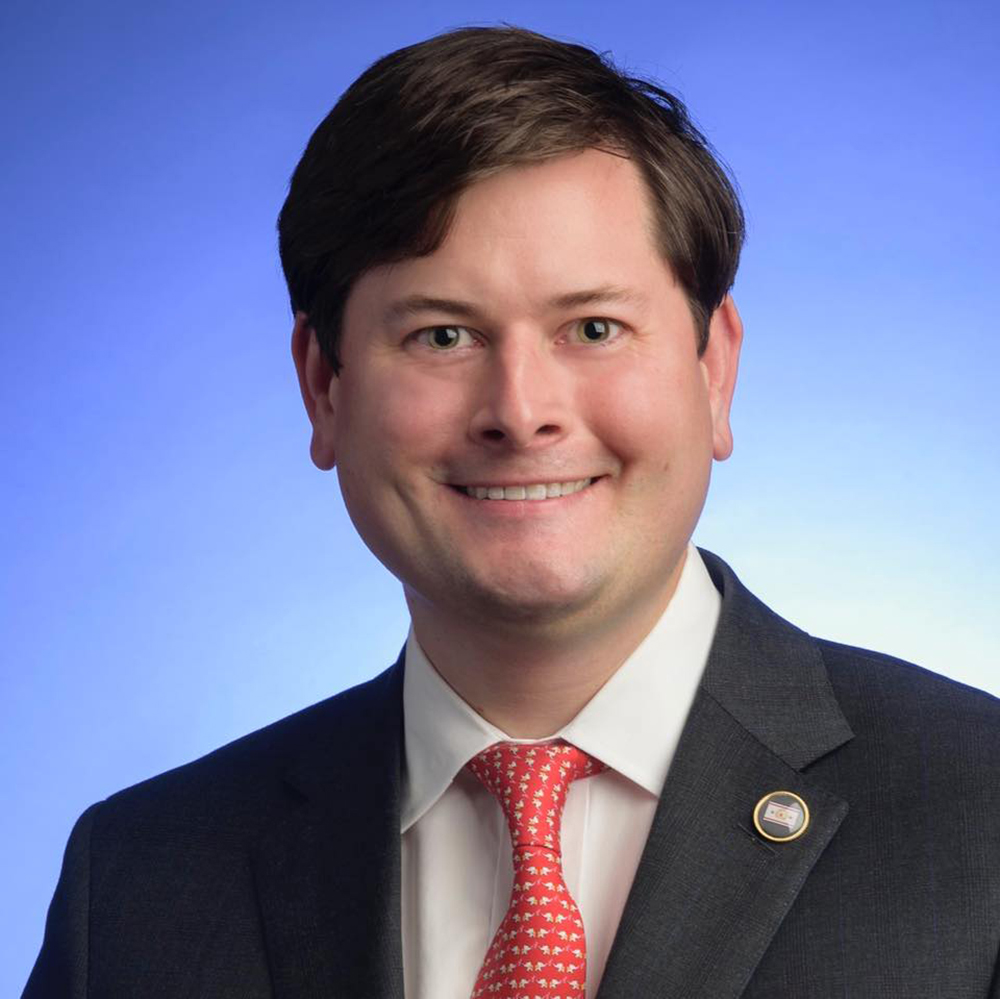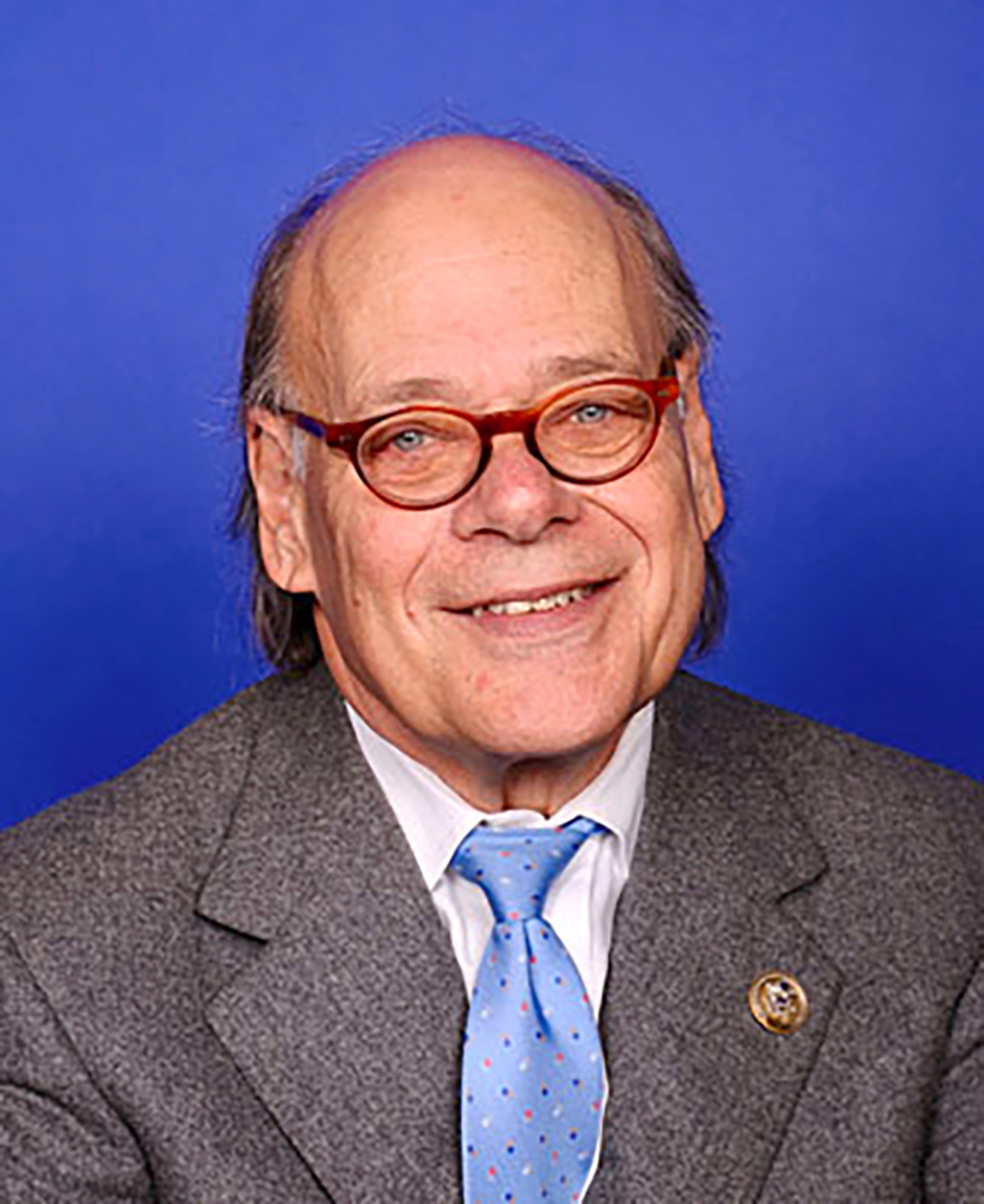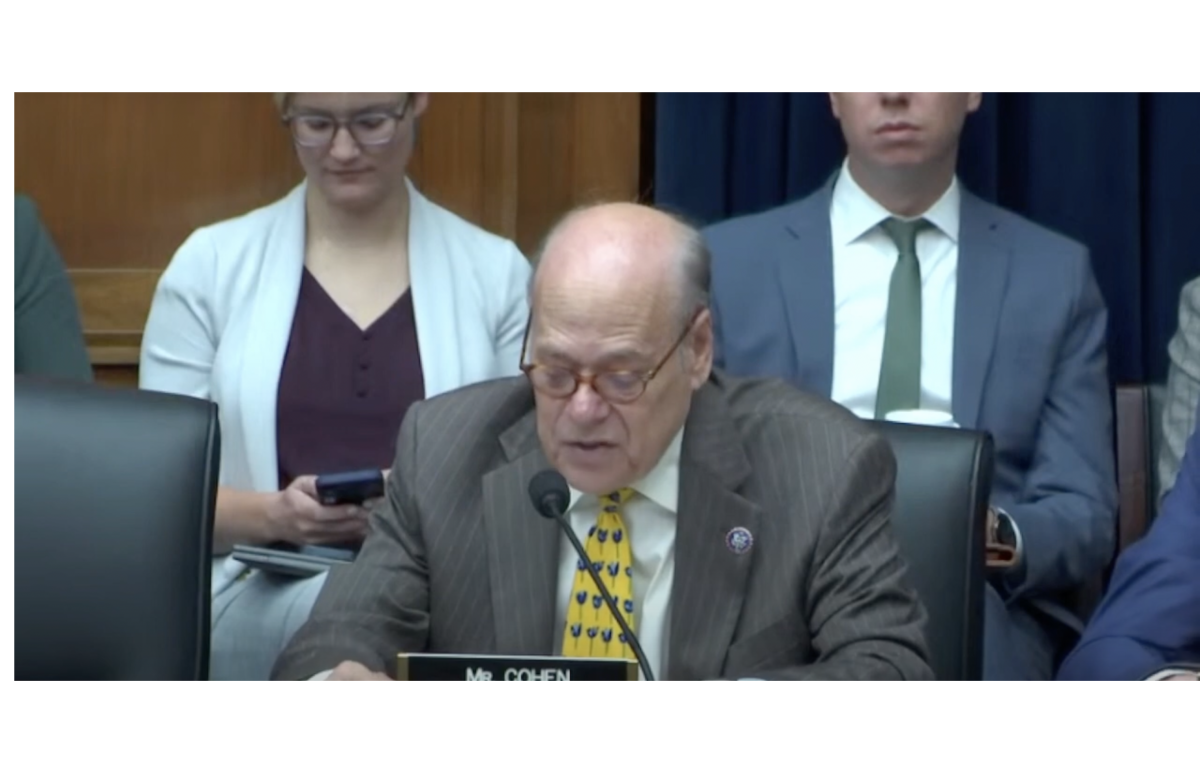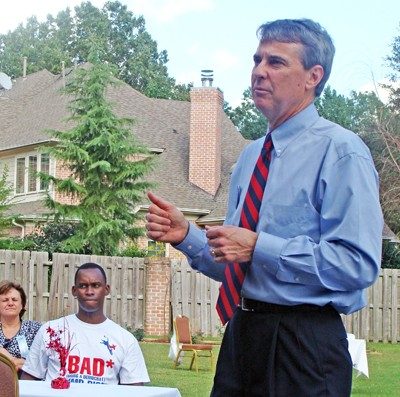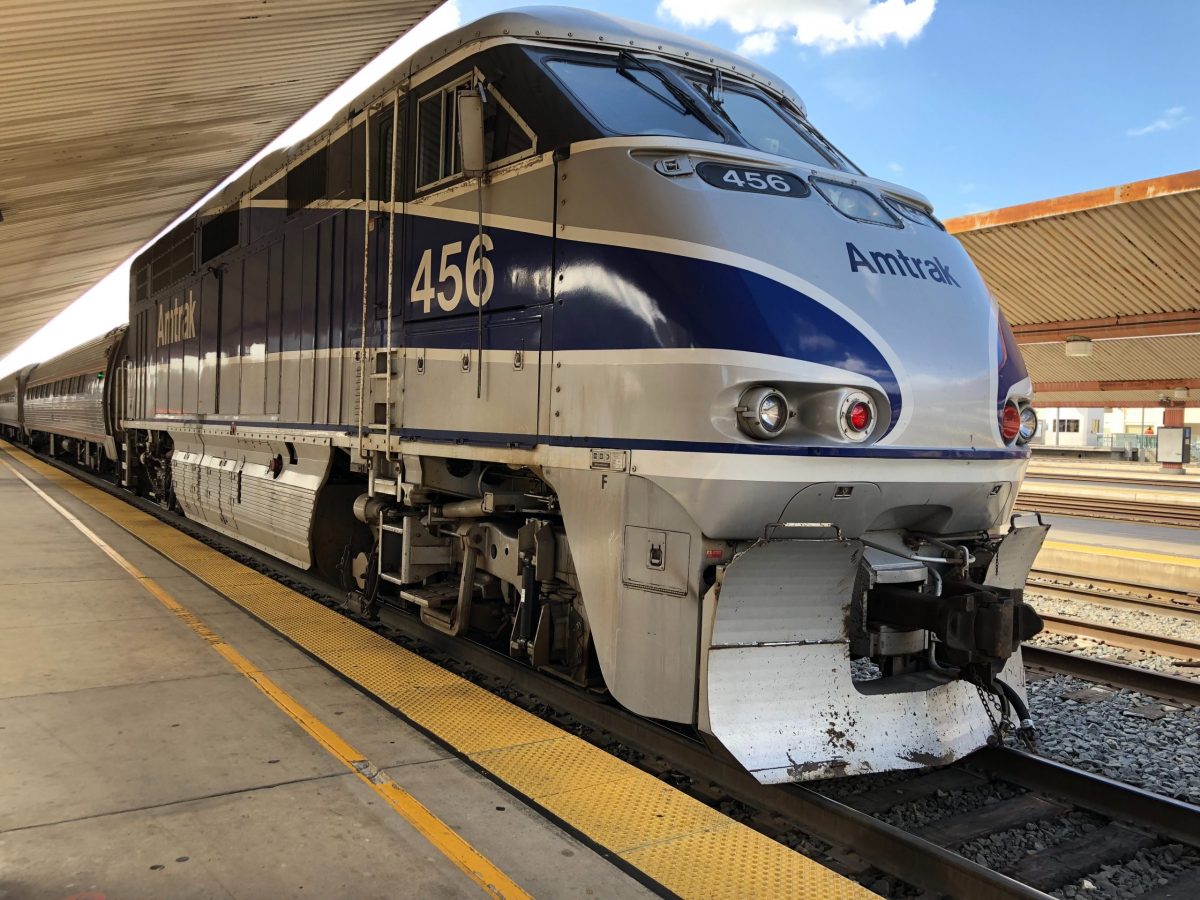More than a few flutters of reaction have resulted from recent news of Supreme Court Associate Justice Samuel Alito’s having flown an upside-down American flag at his residence in apparent support of the January 6, 2021 insurrection at the nation’s Capitol.
And if Memphis Congressman Steve Cohen has his way, a truly stiff wind could be blowing Alito’s way via an official congressional reprimand.
Cohen has introduced in the U.S. House of Representatives a resolution of censure, charging the arch-conservative Alito with bias, improper political activity, and a “breach of judicial ethics” for flying the upside-down flag, widely recognized as a symbol of the pro-Trump “Stop the Steal” movement, in the aftermath of the insurrection.
The resolution would censure Alito “for knowingly violating the federal recusal statute and binding ethics standards and calling the impartiality of the Supreme Court of the United States into question by continuing to participate in cases in which his prior public conduct could be reasonably interpreted to demonstrate bias.” It also demands that Alito recuse himself from all litigation related to the 2020 election or the January insurrection.
Accusing Justice Alito of “poor judgment,” Cohen, a member of the house Judiciary Committee, said, “There must be accountability to protect the integrity and impartiality of the High Court. We must protect the Constitutional rights to fair and impartial proceedings.”
Responding to the high volume of criticism he has received, Alito has attempted to blame his wife for flying the upside-down flag in reaction to a neighbor’s yard signs criticizing the justice.
Among the many favorable reactions to the Cohen resolution was this one from Alex Aronson, executive director of Court Accountability: “We commend Representative Cohen for introducing this resolution censuring Justice Alito and calling for his recusal. It is good to see members of the House Judiciary Committee taking a leadership role in holding out-of-control Supreme Court justices accountable, and this resolution is an excellent first step.”
